International Science Advisory Council
The International Scientific Advisory Council (ISAC) is a body of internationally leading researchers providing strategic advice and guidance on the scientific development and direction of the Stockholm Resilience Centre
The composition and membership of the council is formally decided by the SRC board. Members are committed to a three-year period with possibility for re-election. Current members are:
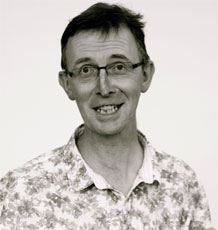
Neil Adger
UNIVERSITY OF EXETER
Neil Adger, professor of Human Geography has been researching climate change impacts, adaptation and resilience throughout his career and has contributed to the Intergovernmental Panel on Climate Change, The Lancet Commission on Climate Change and Health and the UK Climate Change Risk Assessment process. He works in the areas of environmental geography, demography and migration, ecological and institutional economics, and global environmental change.
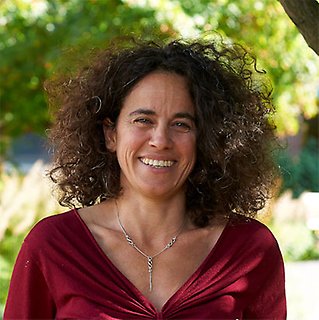
Elena Bennett (Vice-Chair)
MCGILL UNIVERSITY
Dr. Bennett is an associate professor at McGill School of Environment. Her research revolves around interests in understanding and managing ecosystem services. She is interested in how the types of ecosystem services interact across the landscape and how humans can manage landscapes to provide multiple ecosystems services. Her research also looks at the trade-offs between agricultural production and water quality and learning how people change Phosphorus (P) cycles through farming, trade, and other activities, and how this, in turn impacts water quality.
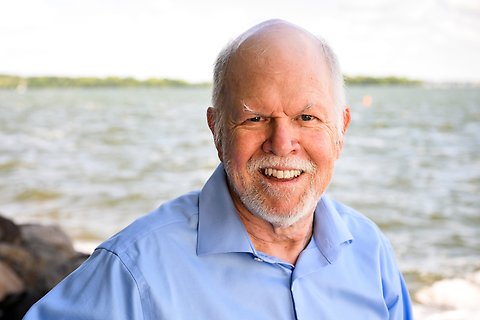
Stephen Carpenter
UNIVERSITY OF WISCONSIN
Professor Stephen Carpenter is Director Emeritus of the Center for Limnology at the University of Wisconsin-Madison. His limnological research focuses on the interaction of biogeochemistry and food web processes in lakes. He is especially interested in prediction of lake characteristics from land-water interactions and food web processes, including human effects such as fishing and introduction of exotic species.
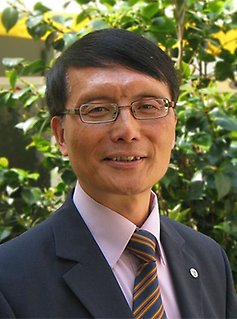
Deliang Chen
UNIVERSITY OF GOTHENBURG
Deliang Chen is a meteorologist by education and renowned climate researcher. He also has extensive experiences with science for policy. He is an elected member of the Royal Swedish Academy of Sciences (RSAS), the European Academy of Sciences and Arts, the World Academy of Sciences, the Royal Society of Arts and Sciences in Gothenburg, as well as a foreign member of the Chinese Academy of Sciences and the Norwegian Academy of Science and Letters. He has served on numerous international and national committees and boards, as well as advised various governmental, intergovernmental, and international non-governmental bodies including funding agencies. Recent examples include chair of the Nomination Committee of the Stockholm Water Prize and Chair of the Earth Science Division of the RSAS.
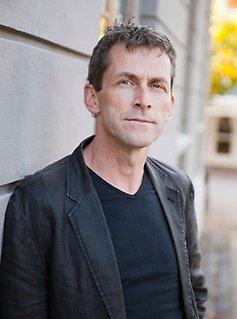
Jonas Ebbesson
STOCKHOLM UNIVERSITY
Ebbesson is a professor in environmental law and a former dean of the faculty of law at Stockholm University. He is also a former member of the Stockholm Resilience Centre board and a long-time research affiliate to the centre.
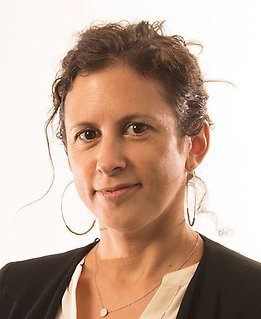
Jessica Fanzo
JOHNS HOPKINS UNIVERSITY
Jessica Fanzo is the Bloomberg Distinguished Associate Professor of Global Food & Agricultural Policy and Ethics at the Nitze School of Advanced International Studies (SAIS), the Berman Institute of Bioethics, and the Department of International Health of the Bloomberg School of Public Health at Johns Hopkins University. She also serves as the Director of the Global Food Ethics and Policy Program at Hopkins, and plays key advisory roles in Johns Hopkins’ Alliance for a Healthier World on the food security and nutrition theme, as well as the Bloomberg American Health Initiative on obesity and food systems.
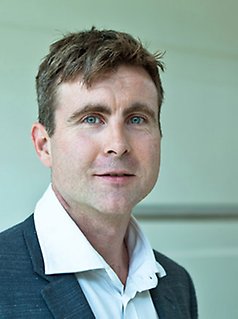
Frank Geels
UNIVERSITY OF MANCHESTER
Frank Geels is professor of System Innovation and Sustainability at the University of Manchester. He is a world-leading scholar on socio-technical transitions and has published several books and more than sixty peer- reviewed articles in this area, many of which are highly cited.
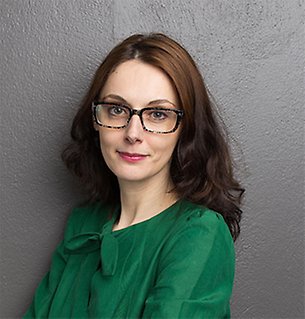
Danica Kragic
ROYAL INSTITUTE OF TECHNOLOGY, SWEDEN
Danica Kragic is a professor at the School of Computer Science and Communication at the Royal Institute of Technology, KTH. She received MSc in Mechanical Engineering from the Technical University of Rijeka, Croatia in 1995 and PhD in Computer Science from KTH in 2001. She has been a visiting researcher at Columbia University, Johns Hopkins University and INRIA Rennes. She is the Director of the Centre for Autonomous Systems. Danica received the 2007 IEEE Robotics and Automation Society Early Academic Career Award. She is a member of the Royal Swedish Academy of Sciences, Royal Swedish Academy of Engineering Sciences and Young Academy of Sweden.
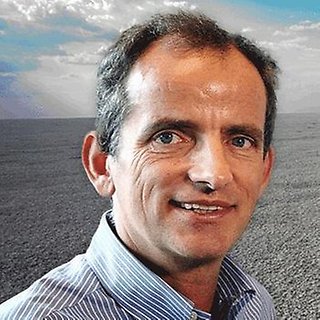
Eric Lambin
UNIVERSITÉ CATHOLIQUE DE LOUVAIN & STANFORD UNIVERSITY
Eric Lambin, a geographer and environmental scientist, divides his time between the Université catholique de Louvain (Louvain-la-Neuve, Belgium) and Stanford University, were he occupies the Ishiyama Provostial Professorship at the School of Earth, Energy & Environmental Sciences and the Woods Institute for the Environment. His research tries to better understand causes and impacts of land use changes in different parts of the world.
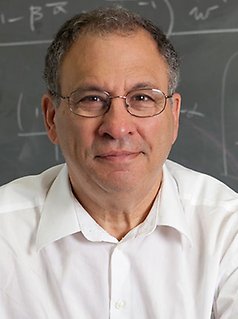
Simon Levin
PRINCETON UNIVERSITY
Simon Asher Levin is a James S. McDonnell Distinguished University Professor in the Department of Ecology and Evolution and the Director of the Center for BioComplexity. He specializes in using mathematical modeling and empirical studies in the understanding of macroscopic patterns of ecosystems and biological diversities. Simon Levin is also a former member of the Stockholm Resilience Centre board.
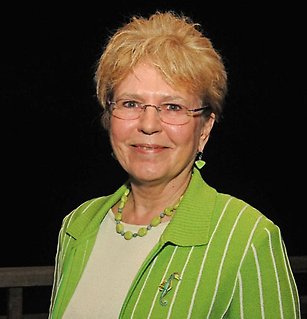
Jane Lubchenco
OREGON STATE UNIVERSITY
Lubchenco is a marine biologist and environmental scientist who has deep experience in the worlds of science, academia, public engagement and government. In 2021 she was appointed Deputy Director for Climate and Environment in the White House Office of Science and Technology. She served as the U.S. Under Secretary of Commerce for Oceans and Atmosphere and the Administrator of the National Oceanic and Atmospheric Administration (NOAA) and as part of President Barack Obama’s Science Team from 2009-2013. From 2014-2016, she was the first U.S. State Department Science Envoy for the Ocean, serving as a science diplomat to China, Indonesia, South Africa, Mauritius and the Seychelles.
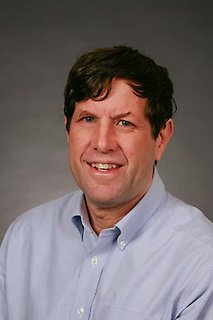
Stephen Polasky
UNIVERSITY OF MINNESOTA
Stephen Polasky is a Regents Professor and Fesler-Lampert Professor of Ecological/Environmental Economics at the Department of Applied Economics. His research focuses on issues at the intersection of ecology and economics and include the impacts of land use and land management on the provision and value of ecosystem services and natural capital, biodiversity conservation, sustainability, environmental regulation, renewable energy, and common property resources.
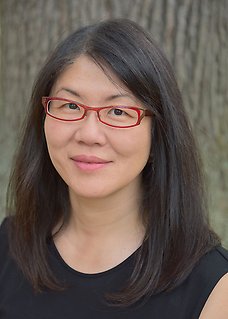
Karen Seto
YALE UNIVERSITY
Karen Seto is an expert on contemporary urbanization, the processes of urbanization and how urbanization will affect the planet. She has pioneered methods to reconstruct urban land use with satellite imagery and has developed novel methods to forecast urban expansion. She has conducted urbanization research in China for twenty years and in India for more than ten. Her research has generated insights on the links between urbanization, food systems, biodiversity, and climate change. Seto has served on numerous national and international scientific bodies. Seto is member of the U.S. National Academy of Sciences, the Connecticut Academy of Science and Engineering, the American Association for the Advancement of Science etc.
In-depth:
Karen Seto adds important expertise and perspectives on cities to the centre’s research agenda.
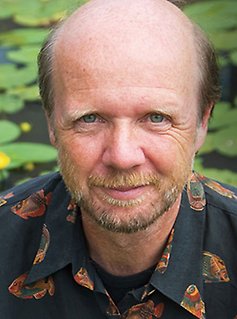
Marten Scheffer
WAGENINGEN UNIVERSITY
Marten Scheffer is interested in unravelling the mechanisms that determine the stability and resilience of complex systems. Although much of his work has focused on ecosystems, he also worked with a range of scientists from other disciplines to address issues of stability and shifts in natural and social systems. Examples include the feedback between atmospheric carbon and the earth temperature, the collapse of ancient societies, inertia and shifts in public opinion.
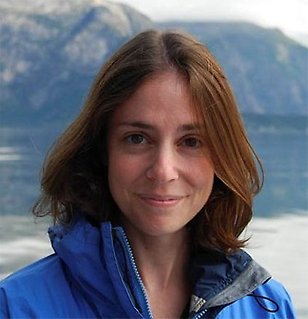
Elizabeth Selig
STANFORD UNIVERSITY
Elizabeth Selig is the deputy director of Center for Ocean Solutions. Her work focuses on analyzing how changes in ecosystem health will affect ecosystem services and human well-being, evaluating the success of management tools to effectively manage ocean resources, and developing integrated socio-ecological assessments of ocean health. She has more than ten years experience working with international organizations including Conservation International, where she was the Senior Director of Marine Science.
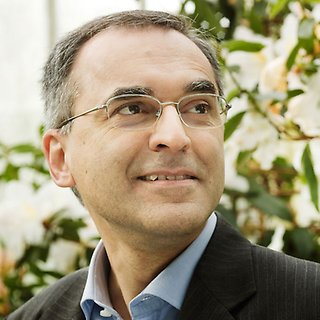
Pavan Sukhdev
WWF INTERNATIONAL
Pavan Sukhdev is an Indian environmental economist whose field of studies include green economy and international finance. He was the Special Adviser and Head of UNEP’s Green Economy Initiative and Leader for the TEEB (The Economics of Ecosystems and Biodiversity) study commissioned by G8+5 and hosted by UNEP. Sukhdev was a Visiting Fellow at Yale University from 2011 to 2014. He has chaired the World Economic Forum’s “Global Agenda Council” on Ecosystems and Biodiversity (2009-2011). Currently he is president of WWF International and has served on the boards of Conservation International (CI), the Global Reporting Initiative (GRI), the Stockholm Resilience Centre (SRC) and on the TEEB Advisory Board. He has received several prizes including the Blue Planet Prize in 2016.
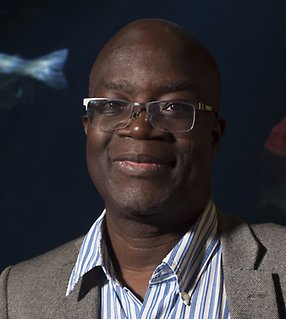
Rashid Sumaila
UNIVERSITY OF BRITISH COLUMBIA
Rashid Sumaila specializes in food security issues related to marine ecosystems; trade in fish and fisheries products, fisheries subsidies, illegal fishing; the economics of high and deep seas fisheries and marine governance; marine ecosystem valuation and modelling. He has extensive experience of interdisciplinary collaboration and is very active in the science, practice, policy interface collaborating with stakeholders from local to the highest international levels. Sumaila has been called upon to make presentation to the United Nations, to senior staff at the White House, and to other political and/or expert bodies around the world in dozens of countries and on all continents.
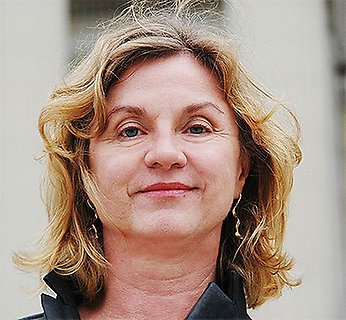
Elke Weber
PRINCETON UNIVERSITY
Elke Weber is a Gerhard R. Andlinger Professor at the Department of Psychology and Associate Director for Education at the Andlinger Center for Energy and the Environment. Weber works at the intersection of psychology and economics, Weber is an expert on behavioral models of judgment and decision making under risk and uncertainty.
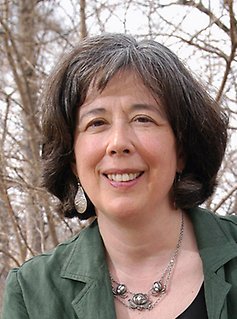
Frances Westley
UNIVERSITY OF WATERLOO
Frances Westley is the former chair of the Stockholm Resilience Centre board. She is a renowned scholar and consultant in the areas of social innovation, strategies for sustainable development, strategic change, visionary leadership and inter-organizational collaboration. At the University of Waterloo, she leads a research team dedicated to understanding social innovation, and has designed both graduate and undergraduate curricula in social innovation.






